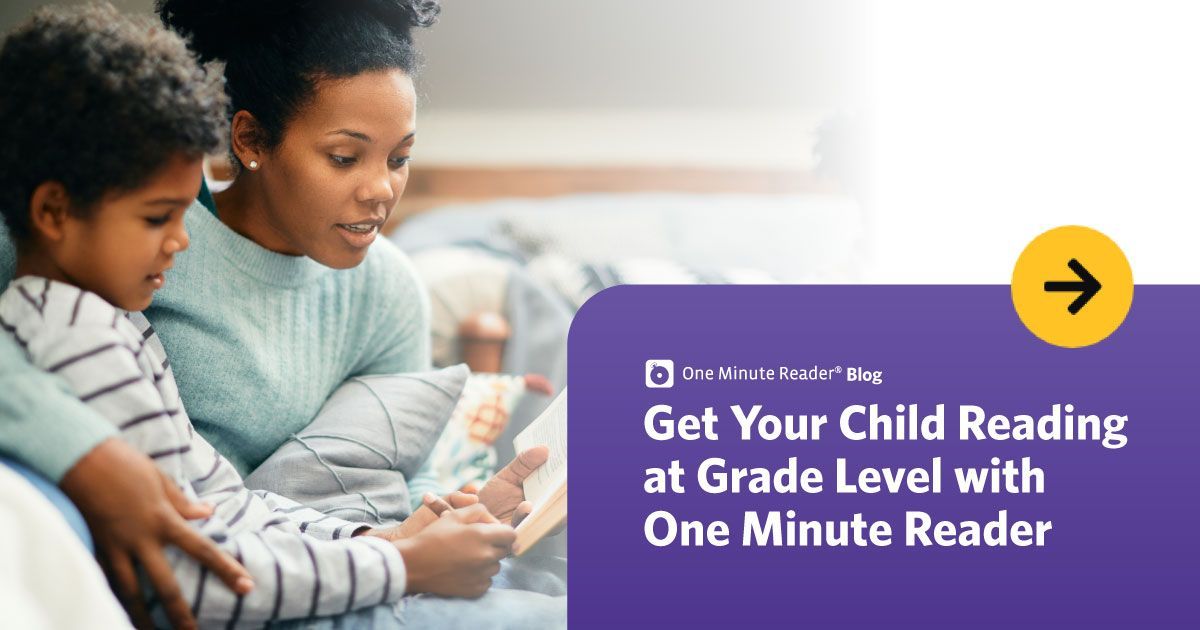Blog
Which “Educational” Apps Truly Promote Learning?
If you peruse the internet, you’ll find thousands of programs and apps that claim to be educational. But do they really promote learning? Or is the word “educational” just thrown in to make them more appealing to parents and teachers?
As you know, it depends. As parents, we need to be able to determine which applications are worth our children's precious time. A team of experts examined this question and published their findings in Psychological Science in the Public Interest. The findings, published here, present four pillars that lead to an educational outcome. These pillars are active involvement, engagement, meaningfulness, and social interaction.
- Active involvement means the child is required to actually think. Too many apps are largely brainless, addicting games. A truly educational app requires the child to actively work to understand a worthwhile concept or skill. Giving children the ability to make decisions as they engage with the app is a key component. According to the research, "Well-designed software affords children an appropriate level of control and agency depending on their age and experience, allowing them to proceed at their own pace and sustain their interest."
- Engagement refers to a child's ability to stay on task. The bells and whistles that make an app exciting should all be related to the educational goal. If these features are just for fun, they’ll distract the child from learning. Structured feedback and progress monitoring greatly assist with engagement. Researchers found that, "By carefully structuring the feedback as well as allowing progressive access to content (e.g., presenting more advanced content through a series of game levels or adaptively, based on user profiles), apps can focus children’s attention on the app experience and extend engagement for a long time."
- Meaningfulness refers to how children are required to process new information. Studies have shown that deeper learning takes place when children relate new knowledge to their current knowledge. Educational apps promote these kinds of connections. As stated in the article, "Learning meaningful information motivates children to stay engaged and on task. If children are given causally rich information about a novel object, they will stay engaged in a boring task that rewards them with this information."
- Finally, it’s important that the app facilitates social interaction. When children interact with others about what they’ve learned, their understanding of the material is reinforced. As the article states, "Active, engaged, meaningful, and socially interactive experiences support learning, and if these concepts are harnessed within apps, the potential benefit for learning in early childhood is significant."
One Minute Reader is educational in every sense of the word. For example, the One Minute Reader program requires kids to be actively involved with the material. As readers work through the steps, they’re required to think critically and work hard toward a learning goal. They decide which story to read and are able to progress at their own pace in an appropriate level of material. The structured steps of the program keep them actively involved in each task.
The program's high-interest content and motivating strategy keep kids engaged and on task. Built-in progress monitoring, consistent feedback, and the motivation to progress to more advanced content ensure that kids remain engaged as they work through the steps of the program.
One Minute Reader also promotes meaningful thinking. Kids make reading predictions and answer comprehension questions that require them to connect their personal experience to what they’re learning. High-interest, nonfiction stories ensure they are consistently learning novel and exciting information.
And finally, One Minute Reader fosters social interaction with parents and friends. Kids are inherently motivated by their own progress within the program. This motivation is enhanced when they celebrate their success with parents and friends. They are also often excited to share fun facts that they've learned from the stories.
We’re hopeful that the Psychological Science in the Public Interest findings will help parents make informed choices about app purchases, and we’re pleased with how well our program aligns with the research.
Highlighted Posts


Ready to see an improvement in your child's reading?
Sign up today and get seven days for FREE.
One Minute Reader is just $8 per month after your free trial.
